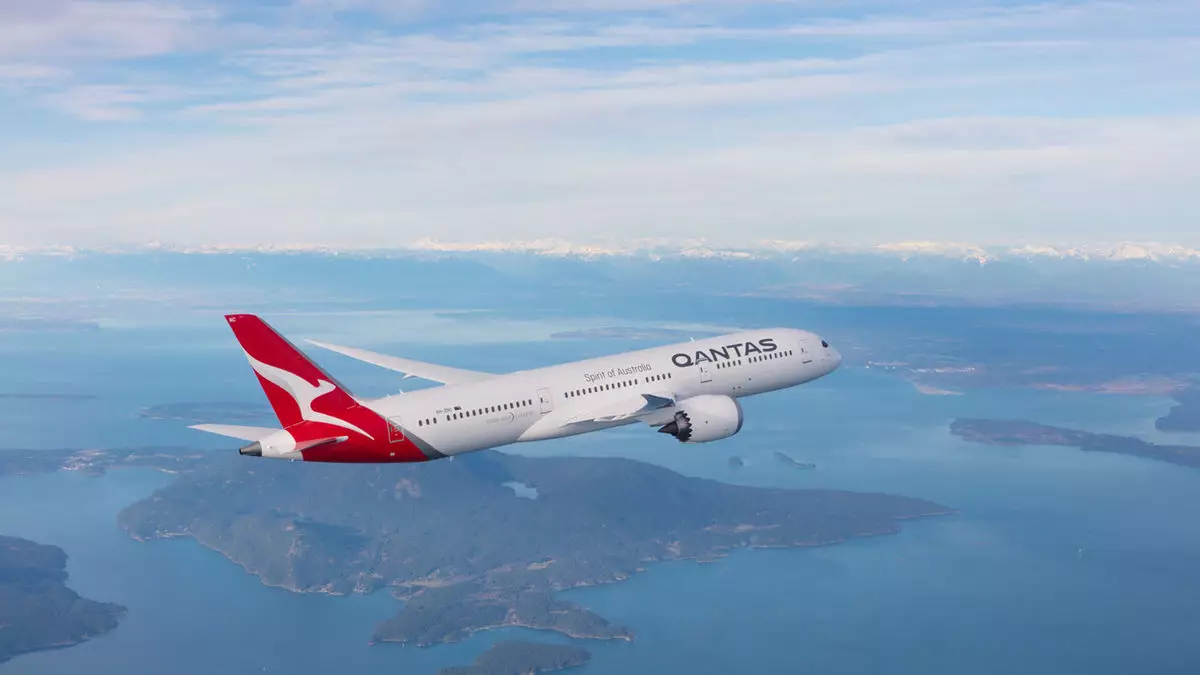In an era where digital infrastructure underpins every aspect of airline operations, cybercriminals are increasingly honing in on carriers like Qantas. The recent breach targeting the Australian airline underscores a troubling reality: no industry is immune to cyber threats. Despite airline safety and operational robustness, the attack on Qantas reveals vulnerabilities that could have far-reaching consequences. It’s not merely about losing data; it exposes the fragile layer of trust between airlines and their customers, which are critical to sustained business success.
Data Breaches: Beyond the Surface
The breach affecting 6 million Qantas customers is a stark reminder that cyberattacks are evolving beyond simple vandalism. Criminals are after sensitive information, and in this attack, some personal details like names, email addresses, phone numbers, birth dates, and frequent flyer numbers were compromised. Yet, the airline emphasizes that critical financial data like credit card details and passport information remained untouched — a fortunate detail, but hardly comforting. The potential misuse of basic personal data for identity theft, targeted scams, or future attacks means that the psychological and financial impacts can be profound, even if the attack seemingly avoids the most sensitive data.
Implications for the Industry and Customer Trust
The aviation industry’s reliance on third-party service platforms creates a complex web of vulnerabilities. Qantas’ breach, along with incidents involving Hawaiian Airlines and WestJet, signals a pattern that warrants urgent attention. The industry’s rapid digital transformation may have boosted efficiency but has also expanded the attack surface. As cybercriminal organizations like Scattered Spider operate with sophisticated tactics—impersonating employees and exploiting third-party vendors—the risk of widespread, systemic breaches escalates. For consumers, this erodes trust, which airlines have traditionally relied upon to foster loyalty and confidence. For the airlines, it’s a clarion call to overhaul security measures or risk losing their reputations amid a wave of digital intrusions.
The Industry’s Urgent Need for Robust Security Measures
Qantas’ response — bolstering system monitoring and detection — is a step in the right direction, but it’s only the beginning of the journey toward comprehensive cybersecurity. Airlines must move beyond reactive measures and adopt proactive, layered defenses that anticipate attacker tactics. This includes rigorous third-party risk assessments, end-to-end encryption, regular security audits, and staff training to prevent impersonation scams. Given the high stakes, industry-wide collaboration is essential, sharing threat intelligence and best practices to combat organized cybercrime networks like Scattered Spider. The industry faces not only the immediate task of securing their systems but also the broader challenge of restoring passenger confidence in a digital age rife with unseen dangers.


Leave a Reply